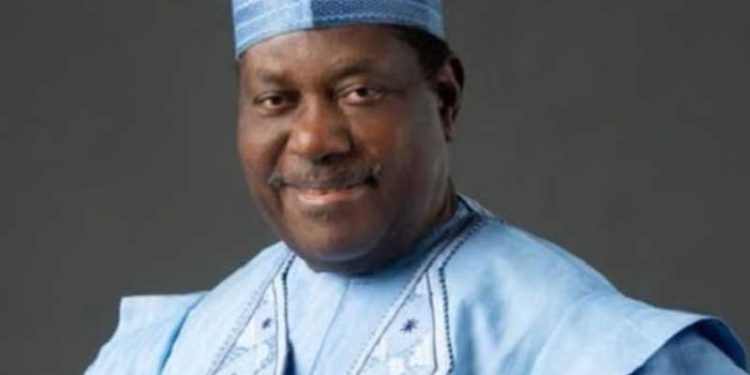Nigeria’s democracy under scrutiny at 26 as the Secretary to the Government of the Federation, George Akume, claims the country remains a model for democratic governance in Africa. He made the statement during the Democracy Day Lecture held at the State House in Abuja.
Akume declared that while many nations across West and Central Africa are falling into military rule, Nigeria’s democracy under scrutiny at 26 still holds despite ongoing political and economic challenges.
He said, “At a period when many African countries are sliding back into military rule and dictatorship, Nigeria is powering forward in democratic rule.” Yet many Nigerians remain unconvinced, as poverty, insecurity, and governance crises continue to dominate headlines.
Nigeria’s Democracy Under Scrutiny at 26 Despite Coups in West Africa
In the last five years, military coups have rocked Mali, Niger, Burkina Faso, Guinea, and Gabon. Nigeria’s neighbors are sliding back into authoritarianism, with over 10 coup attempts recorded since 2020. Earlier this year, Mali, Niger, and Burkina Faso pulled out of ECOWAS, citing disagreements with the regional body.
Amid these developments, Akume insisted that Nigeria’s democracy under scrutiny at 26 is still a bright spot. He praised the country’s citizens and said the journey to civil rule could not have been achieved without their sacrifices.
“Today’s celebration would not have been possible but for the commitment and determination of ordinary Nigerian citizens,” he said. “They stood strong in the face of military oppression, brutality, and rights denial.”
He acknowledged the June 12 struggle as a turning point, referring to it as a movement that forced Nigeria back into a democratic path. “That movement gave birth to the new democratic regime,” he added.
Nigeria’s Democracy Under Scrutiny at 26 As Challenges Persist
While Akume celebrated Nigeria’s democratic stability, many argue that Nigeria’s democracy under scrutiny at 26 has more to prove than to boast about. Civil liberties remain under pressure, and insecurity continues to define life for millions. Some believe the political class has betrayed the very struggle that birthed democracy.
The SGF said Nigeria owes a debt of gratitude to the heroes of June 12 who endured torture, imprisonment, and even death. However, the irony is not lost on the public, especially as today’s leaders often come from the same system they once resisted.
President Tinubu was represented by Vice President Kashim Shettima at the event, where other ministers and heads of agencies were present. The theme, “Consolidating on the Gains of Nigeria’s Democracy: Necessity of Enduring Reforms,” left many wondering when those reforms will finally begin.
Nigeria’s Democracy Under Scrutiny at 26 Remains Divisive
As Nigeria marks 26 years of uninterrupted civil rule, it is clear that Nigeria’s democracy is under scrutiny. While the government paints a picture of stability, the lived reality for millions speaks otherwise.
Until reforms match the rhetoric, and until leadership reflects the sacrifices of June 12, Nigerians will continue to question the value of this democracy.


















